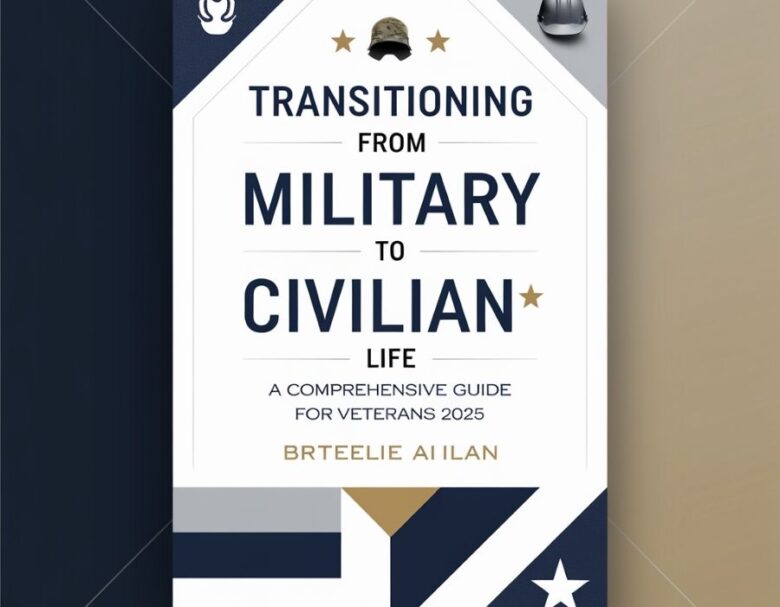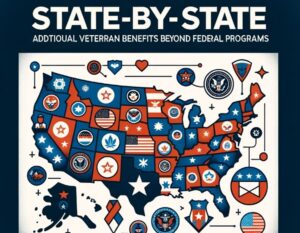Understanding the Transition Process
The shift from military to civilian life is a significant change that requires careful planning and preparation. This guide aims to provide a roadmap for veterans approaching this important life transition.
Timeline for Transition Preparation
| Time Before Separation | Key Actions |
|---|---|
| 18-24 months | Begin research on civilian careers |
| 12-18 months | Attend Transition Assistance Program (TAP) |
| 6-12 months | Update resume and start networking |
| 3-6 months | Apply for VA benefits and healthcare |
| 1-3 months | Secure housing and finalize employment plans |
Utilizing Transition Assistance Programs
Key Resources
- Transition Assistance Program (TAP)
- VA Benefits Briefings
- Career Counseling Services
- Financial Planning Workshops
- Entrepreneurship Tracks for aspiring business owners
Navigating VA Benefits During Transition
Critical Steps
- Apply for VA healthcare
- File disability claims if applicable
- Explore education benefits (GI Bill, VR&E)
- Understand VA home loan options
- Review life insurance conversion options
Career Transition Strategies
Preparing for Civilian Employment
- Translate military skills to civilian terms
- Pursue relevant certifications or education
- Build a professional network
- Create a tailored civilian resume
- Practice interview skills focusing on civilian context
Educational Opportunities for Veterans
Leveraging Learning Benefits
- Post-9/11 GI Bill
- Yellow Ribbon Program
- Vocational Rehabilitation and Employment (VR&E)
- On-the-job training programs
- Apprenticeship opportunities
Financial Planning for Civilian Life
Key Financial Considerations
- Budgeting for civilian income
- Understanding civilian tax implications
- Planning for retirement beyond military pension
- Managing debt and building credit
- Exploring veteran-specific financial products
Healthcare Transition
Ensuring Continuous Care
- Enroll in VA healthcare system
- Transfer medical records
- Understand TRICARE options post-separation
- Schedule comprehensive health assessment
- Connect with local VA facilities
Housing and Relocation
Securing Your New Home
- Explore VA home loan benefits
- Research veteran-friendly communities
- Understand BAH rates for education if applicable
- Consider cost of living in new location
- Utilize VA resources for homeless prevention if needed
Building a Support Network
Creating Civilian Connections
- Join veteran service organizations
- Connect with local veteran communities
- Seek out mentorship opportunities
- Engage with civilian professional networks
- Maintain connections with military peers
Mental Health and Wellness
Prioritizing Psychological Well-being
- Understand available VA mental health services
- Connect with Vet Centers for readjustment counseling
- Explore peer support programs
- Practice stress management techniques
- Maintain physical fitness routines
Legal Considerations
Important Legal Steps
- Update wills and power of attorney
- Review and update SGLI/VGLI options
- Understand changes in legal protections (SCRA, etc.)
- Address any outstanding legal issues before separation
- Secure copies of all military records
Entrepreneurship for Veterans
Starting Your Own Business
- Explore VA’s Veteran Entrepreneur Portal
- Attend Boots to Business program
- Research veteran-specific business loans
- Connect with veteran business owner networks
- Understand government contracting opportunities for veteran-owned businesses
Frequently Asked Questions
Q: When should I start preparing for transition? A: Ideally, start 18-24 months before your planned separation date.
Q: Can I use my GI Bill benefits immediately after separation? A: Yes, you can use your GI Bill benefits as soon as you separate from active duty.
Q: How long do I have to apply for VA healthcare after separation? A: You have 5 years from your date of discharge to apply for VA healthcare under enhanced eligibility.
Q: What if I’m not sure about my career path after the military? A: Utilize VA career counseling services and consider taking career assessment tests.
Q: How can I maintain my security clearance after leaving the military? A: Look for civilian jobs that require clearance and understand the reinvestigation process.
Conclusion
Transitioning from military to civilian life is a complex process that requires careful planning and utilization of available resources. By starting early, leveraging VA benefits, focusing on education and career development, and building a strong support network, veterans can set themselves up for success in their civilian lives. Remember that this transition is not just a change in employment, but a shift in lifestyle and identity. Be patient with yourself, stay open to new experiences, and don’t hesitate to seek help when needed. The skills and discipline gained in military service provide a strong foundation for success in civilian life, and with proper preparation, veterans can thrive in their new roles and communities.




